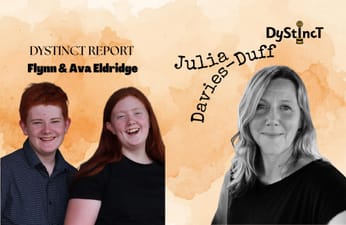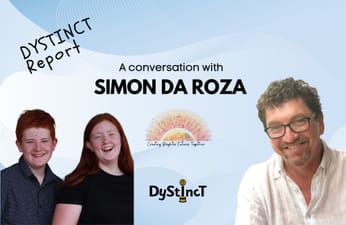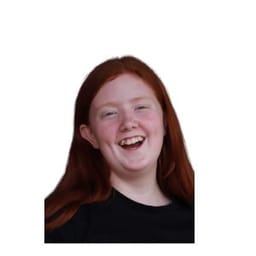Evidence Matters
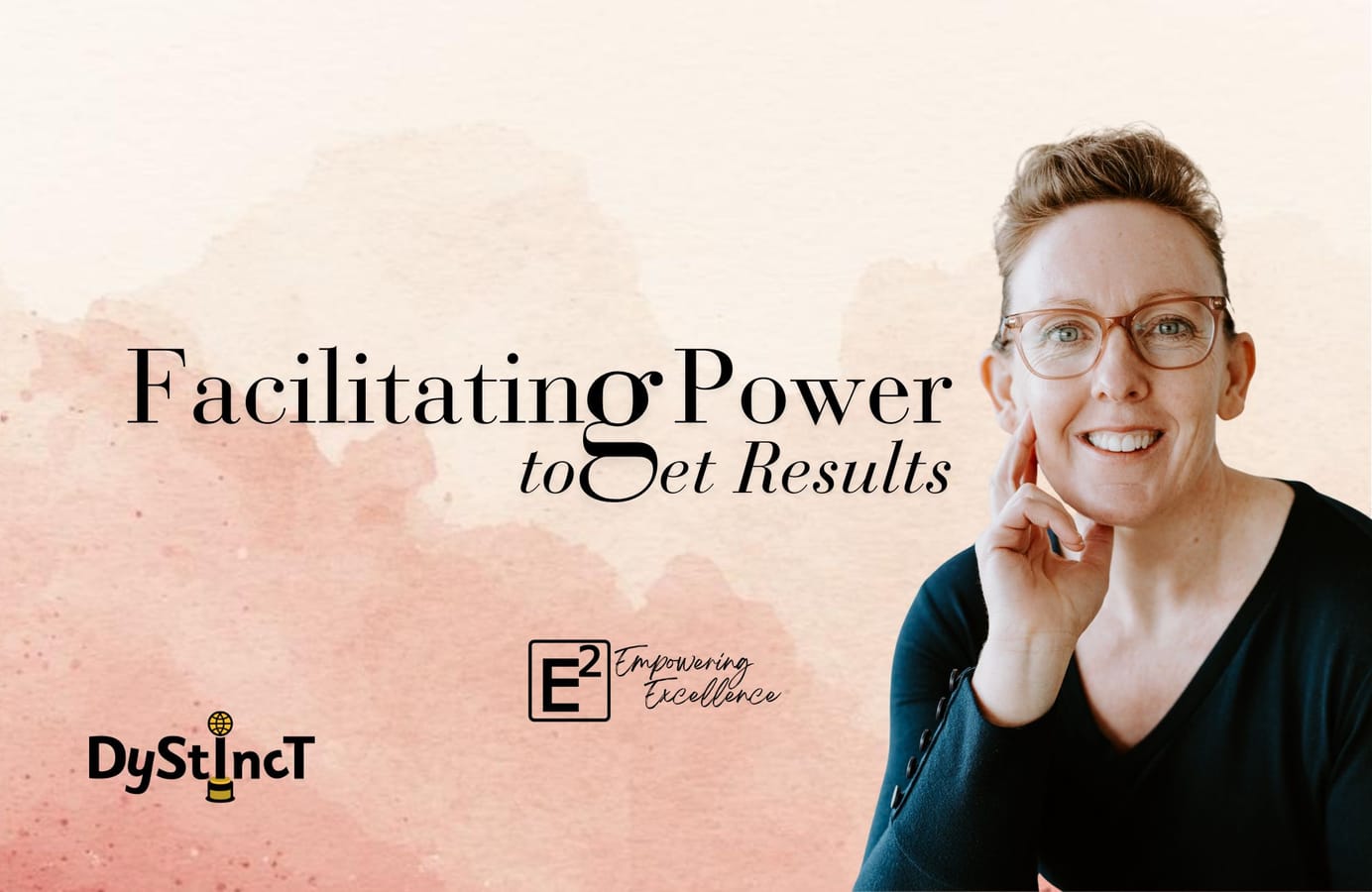
Issue 29: Facilitating Power to Get Results | Carrie Eldridge Paid Members Public
Carrie Eldridge examines how power dynamics in classrooms affect neurodivergent learners, offering practical ways educators can use power intentionally to reduce harm and create safer, more empowering learning environments.
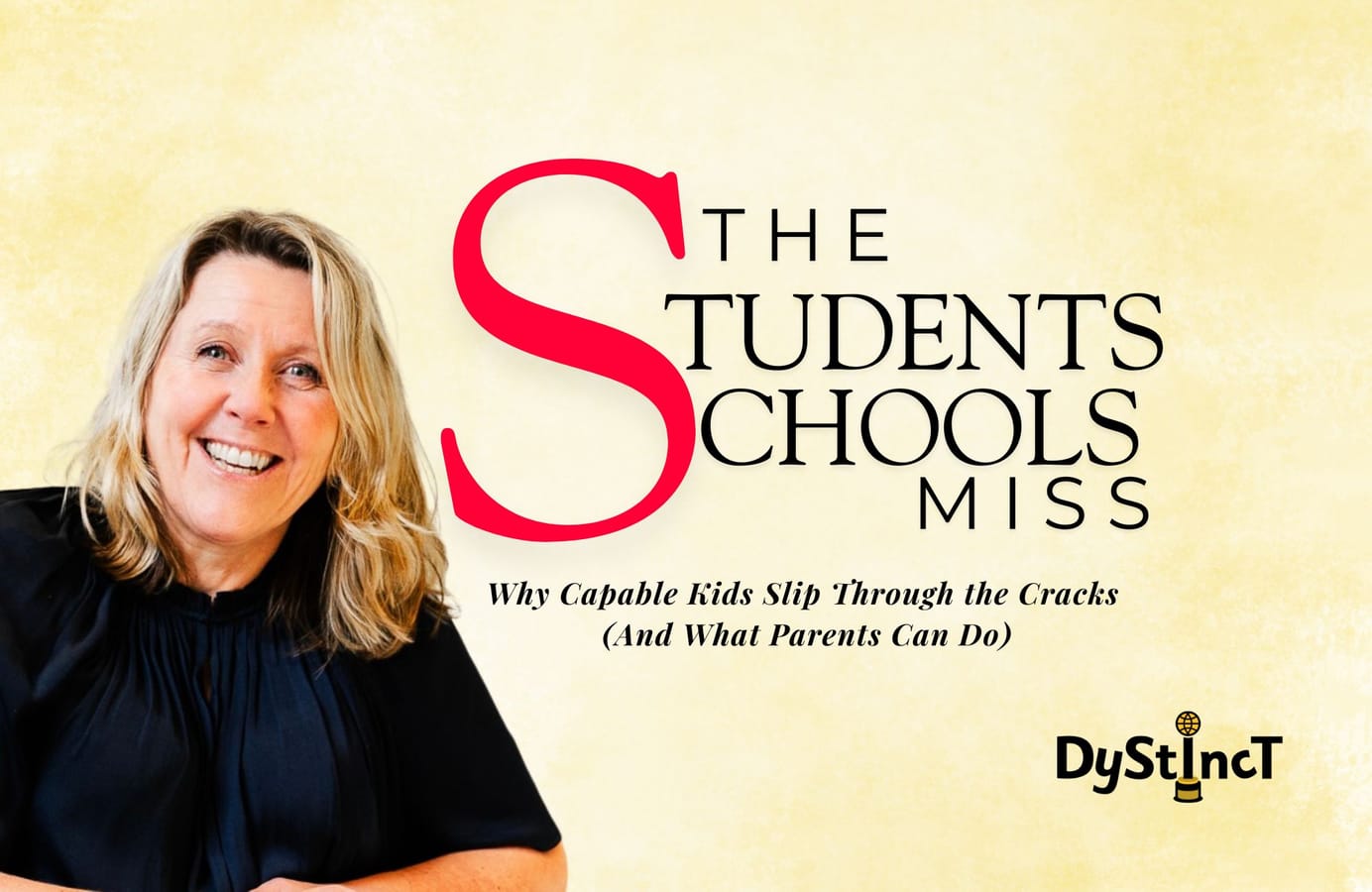
Issue 29: The Students Schools Miss: Why Capable Kids Slip Through the Cracks (And What Parents Can Do) | Julia Davies-Duff Paid Members Public
Julia Davies-Duff draws on nearly three decades as an educator, researcher, specialist, and parent to reveal why capable, compliant students with hidden language and cognitive difficulties are systematically overlooked in secondary schools, and offers parents clear insights.
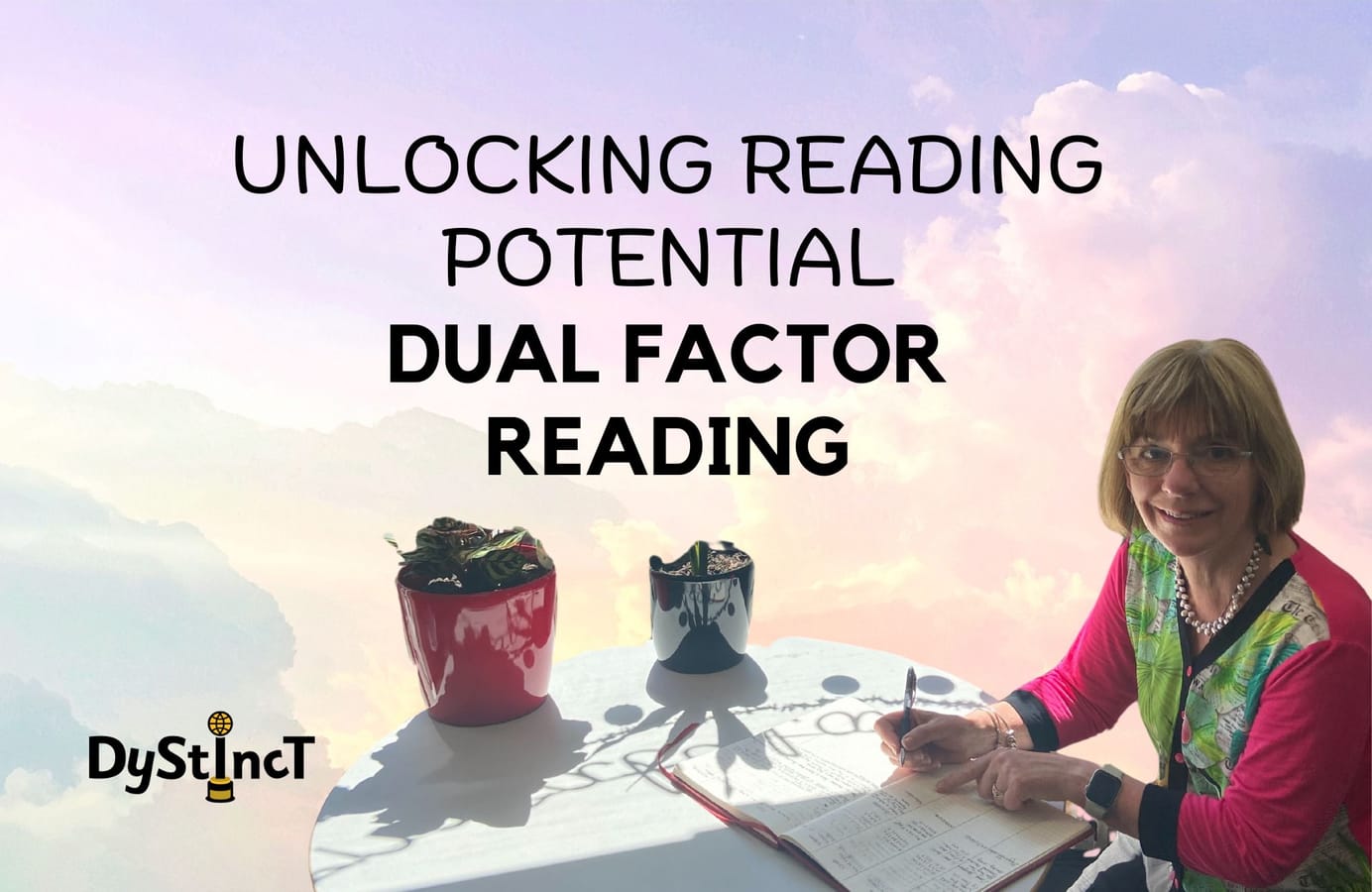
Issue 29: Unlocking Reading Potential: Dual Factor Reading | Dr Olwyn Johnston Paid Members Public
Dr Olwyn introduces Dual Factor Reading, an evidence-informed, classroom-based framework grounded in the SoR that strengthens decoding & language comprehension simultaneously through explicit word-level instruction and technology-supported teacher read-alouds, accelerating literacy growth.
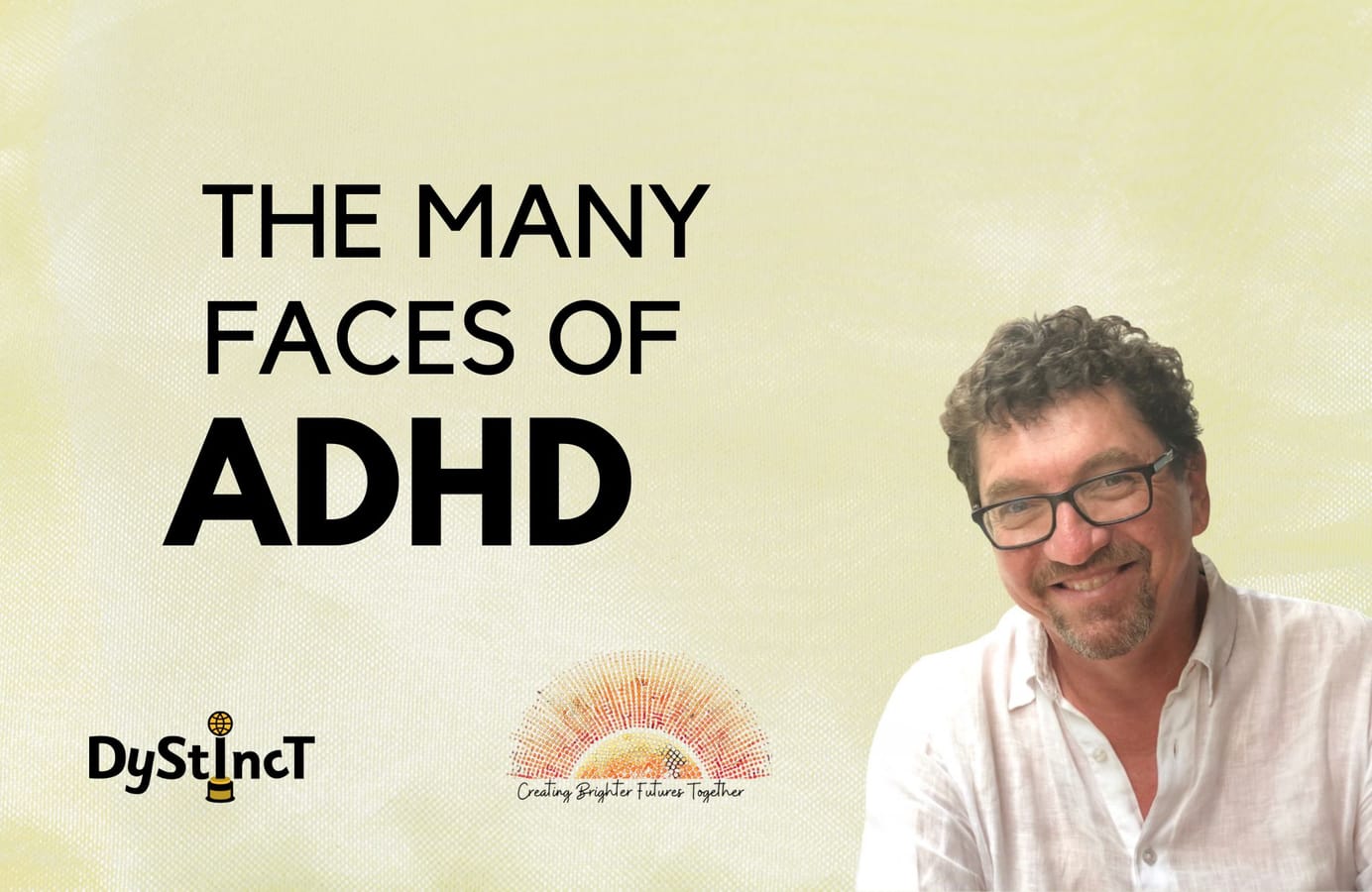
Issue 28: The many faces of ADHD | Simon da Roza Paid Members Public
Simon da Roza reframes ADHD as a biopsychosocial difference existing at the intersection of neurology, cognition, and environment, challenging stereotypes and urging systemic change in schools, families, and workplaces so that strengths like curiosity, creativity, and rapid learning can thrive.
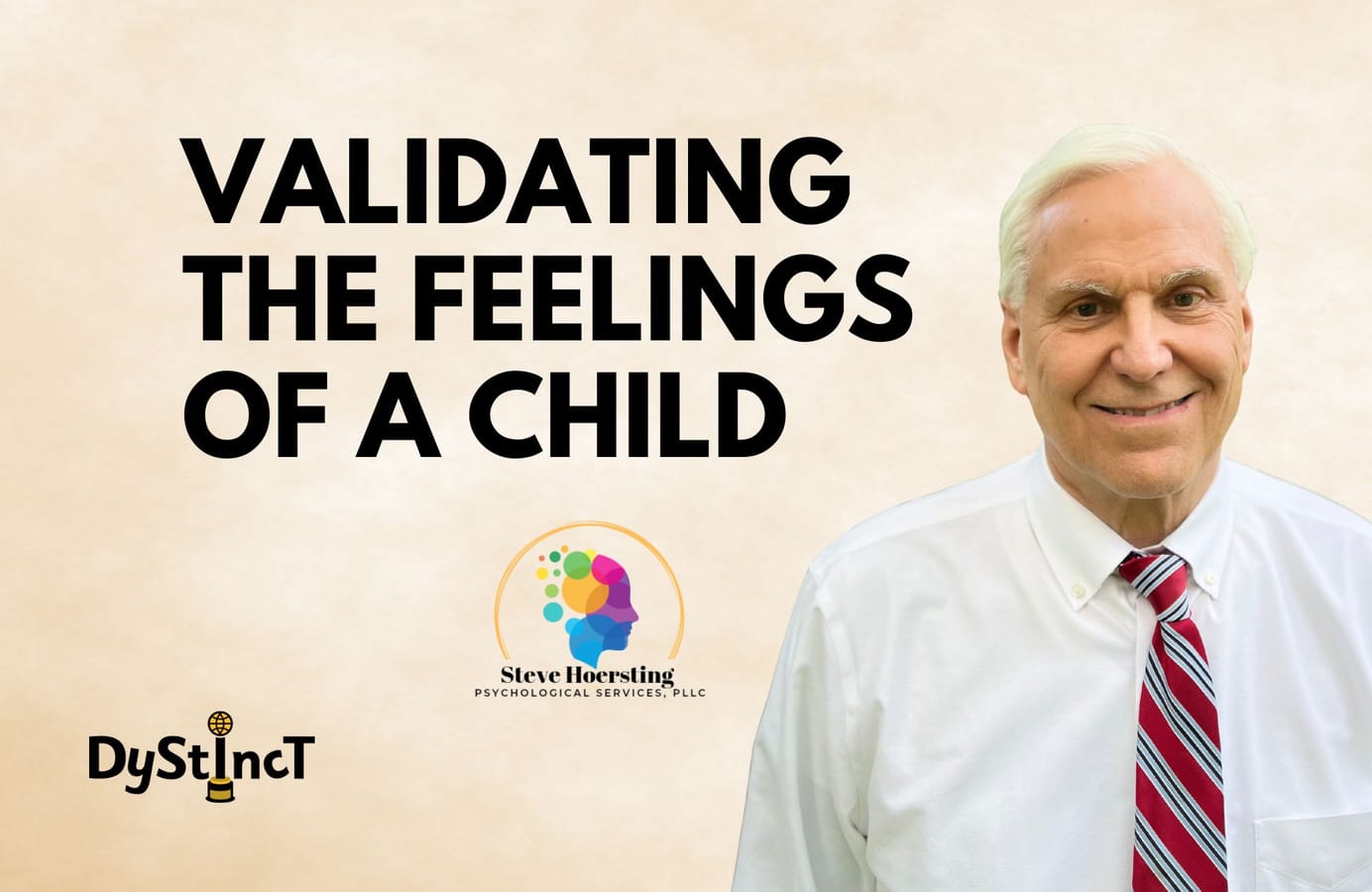
Issue 28: Validating the Feelings of a Child | Steve Hoersting Paid Members Public
Dr Steve Hoersting highlights the importance of validating a child's feelings, its significant psychological benefits, and offers practical strategies to build emotional awareness, resilience, and healthy relationships.
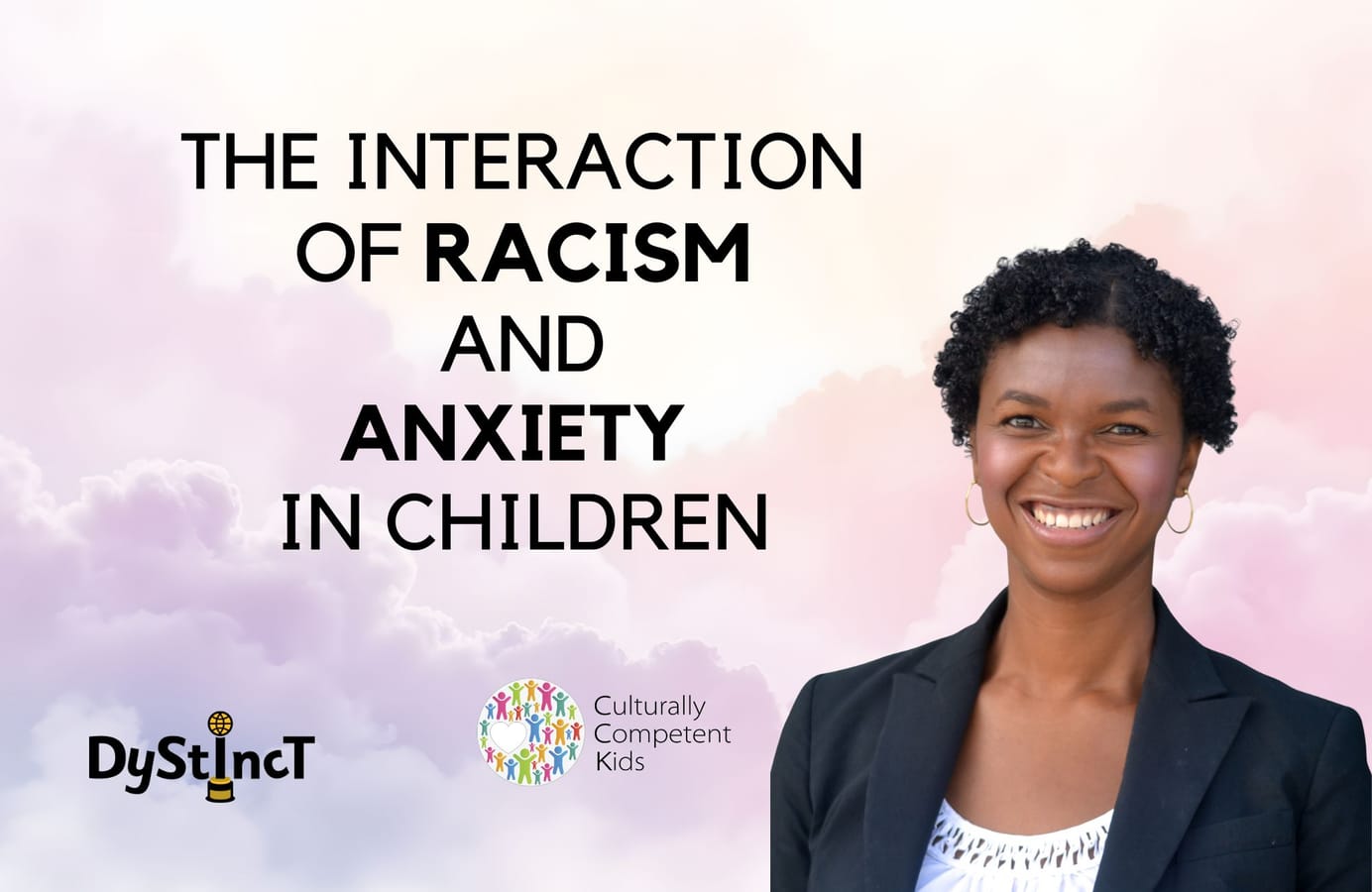
Issue 28: The Interaction of Racism and Anxiety in Children | Dr Samantha Sweeney Paid Members Public
Dr Samantha Sweeney explores how racism and racial discrimination interact with childhood anxiety, showing how experiences of exclusion, microaggressions, and systemic bias can intensify anxiety symptoms, while offering families practical strategies to support children.
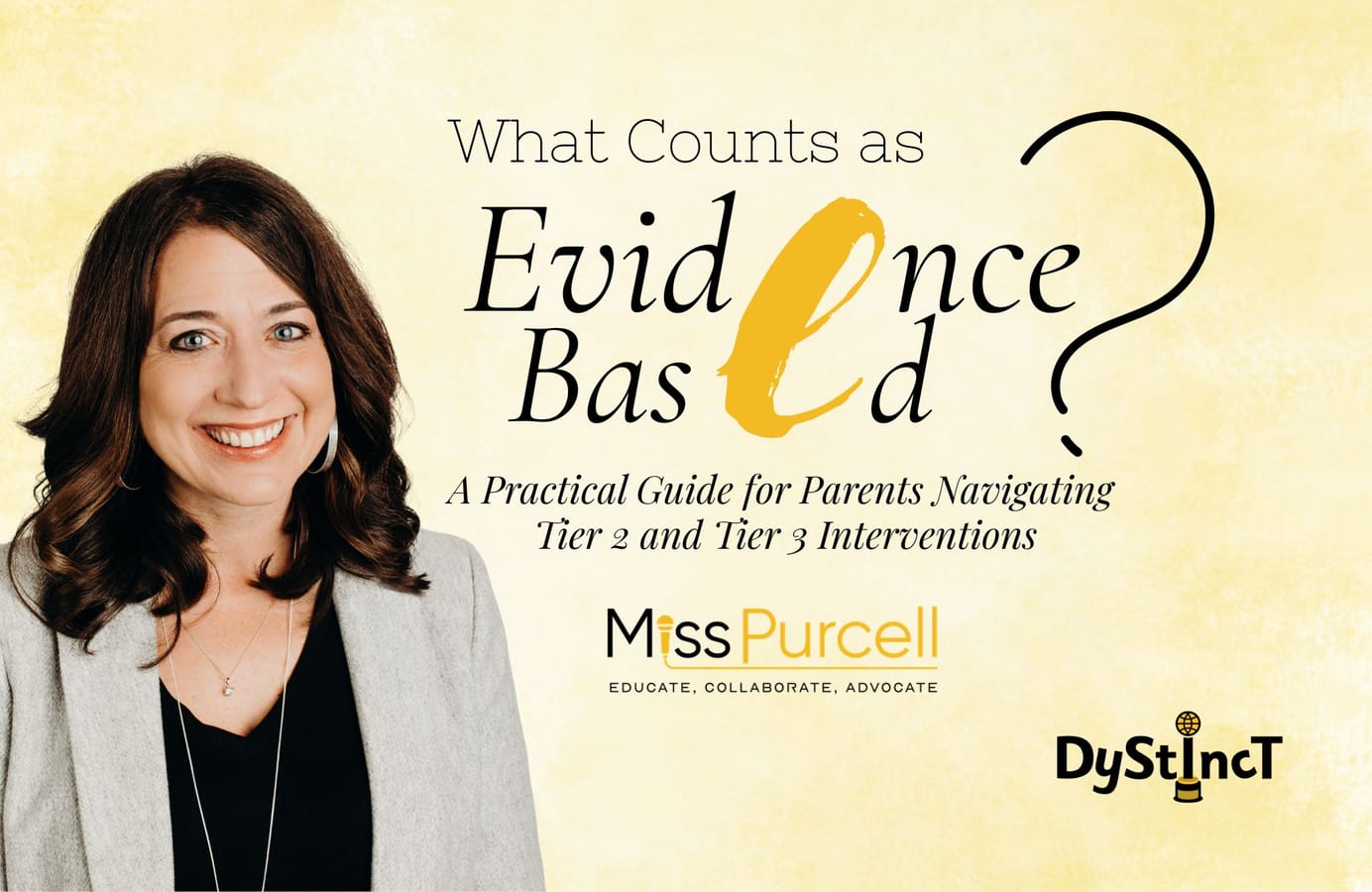
Issue 28: What Counts as Evidence-Based? A Practical Guide for Parents Navigating Tier 2 and Tier 3 Interventions | Missy Purcell Paid Members Public
Missy Purcell explains what “evidence-based” should mean in schools, clarifies the differences between Tier 1, Tier 2, and Tier 3 instruction, and offers parents clear questions to ask when advocating for their child.
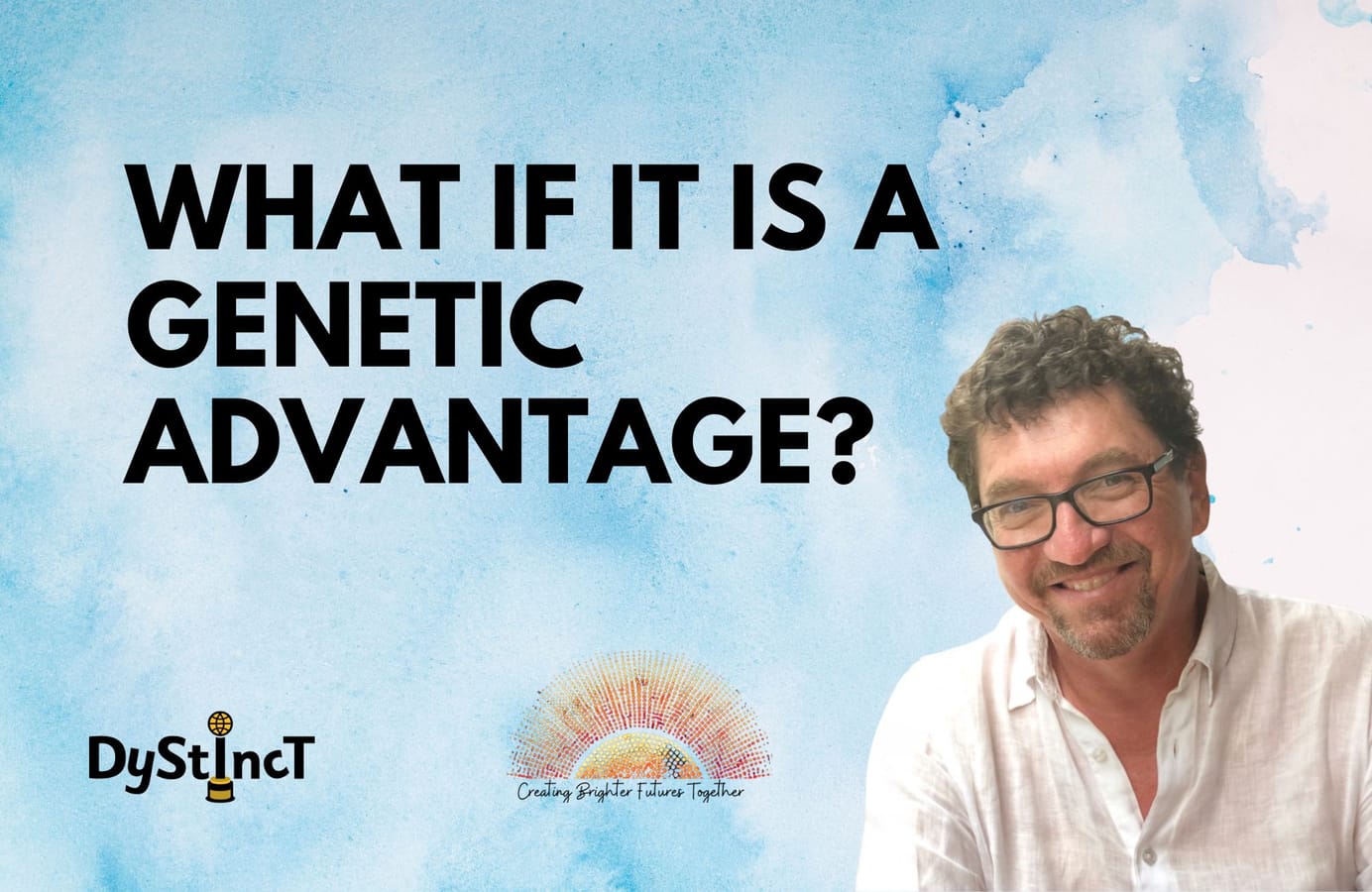
Issue 27: What if it is a genetic advantage? Simon da Roza Paid Members Public
Simon da Roza challenges the deficit view of neurodivergence by reframing ADHD, autism, and dyslexia as valuable expressions of human diversity, arguing that modern education systems fail not because of these minds but because they were never designed for them.


